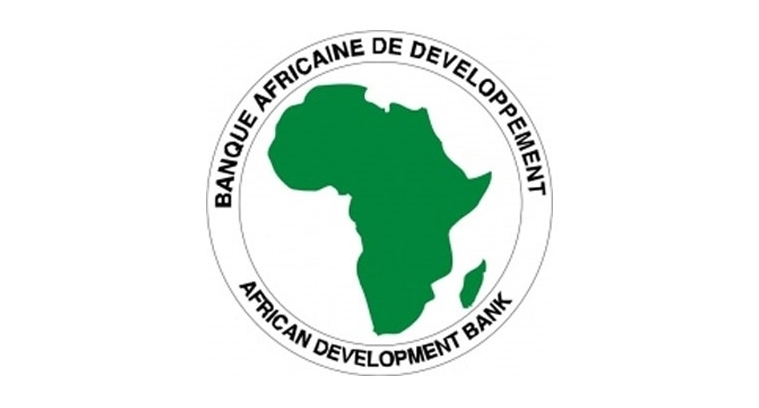AfDB, Coalition for Dialogue on Africa, launch $5.9m project to stem illicit financial flows from
By Favour Nnabugwu
The African Development Bank and the Coalition for Dialogue on Africa (CoDA) have officially launched a three-year support project to improve regional coherent and coordinated response to illicit financial flows.
The project will help African stakeholders actively engaged in stemming such flows to improve domestic revenue mobilization in African countries.
The launch of the African Financial Integrity and Accountability Support Project (AFIAP) took place at the African Union headquarters on 7 March. The project aims to improve regional coordination of combating illicit financial flows and the oversight and accountability of public finances, for optimal revenue mobilization and management in African countries. It will support the coordinated implementation of recommendations of the High-Level Panel on Illicit Financial Flows(link is external) and the implementation of joint strategies and initiatives related to international taxation.
The grant will support CoDA in its role as the secretariat of both the AU High-Level Panel on IFFs, the Joint Secretariat of the Consortium to Stem IFFs from Africa, and the annual African Fiscal Policy Forum. The support will foster a coherent African response to illicit flows, in line with the AU Assembly Special Declaration on IFFs(link is external) passed in January, 2015, and will advance Africa’s continent-wide asset recovery agenda encapsulated in the Common African Position on Asset Recovery (CAPAR)(link is external) adopted in February 2020. This will be carried out by CoDA, the African Union Commission Departments of Economic Development, Trade, Tourism, Industry and Minerals and Political Affairs, Peace and Security Department, in collaboration with other national, regional and global actors.
The project targets selected African Development Bank member countries, with a particular emphasis on public sector capacities in low-income countries, to reinforce resilience via training, policy research and advocacy activities.
The Bank’s support is in line with the objectives of its Strategy for Economic Governance in Africa (2021 – 2025), its policy and strategic framework and action plan to prevent Illicit Financial Flows in Africa (2017 – 2021, extended to 2023), and “High Five objective that aims to “Improve the quality of life” for the people of Africa. It is consistent with ongoing similar support to regional organisations to stem illicit flows from the African continent..
The ceremony was witnessed by the Bank’s Deputy Director-General for Eastern Africa Regional and Business Delivery Office, Abdul Kamara, and the Executive Director of CoDA / HLP Secretariat, Souad Aden-Osman. Several other officials from the Secretariat, the African Union Commission and the Bank also attended the event.
Abdul expressed satisfaction with the project, noting that it is in line with the High-Level Panel’s mandate to promote a coordinated response of the Bank’s regional member countries in ensuring that policies and practices are mobilized in addressing financial crime, tax avoidance, money laundering. “In addition to combating illicit financial flows, this project will contribute to promoting greater efficiency in public financial management in order to boost revenue mobilization and management,” Kamara said.
“CoDA welcomes this financial support of the AfDB. We are eager to work with the Bank in ensuring Phase II of the implementation of the Panel’s recommendations is well underway. This collaboration with the AfDB is highly useful in this regard and on behalf of its Board of Directors and the High-Level Panel on IFFs from Africa, CoDA is thankful to the President, Management and Board of the AfDB for their continued support”, Aden-Osman said.


